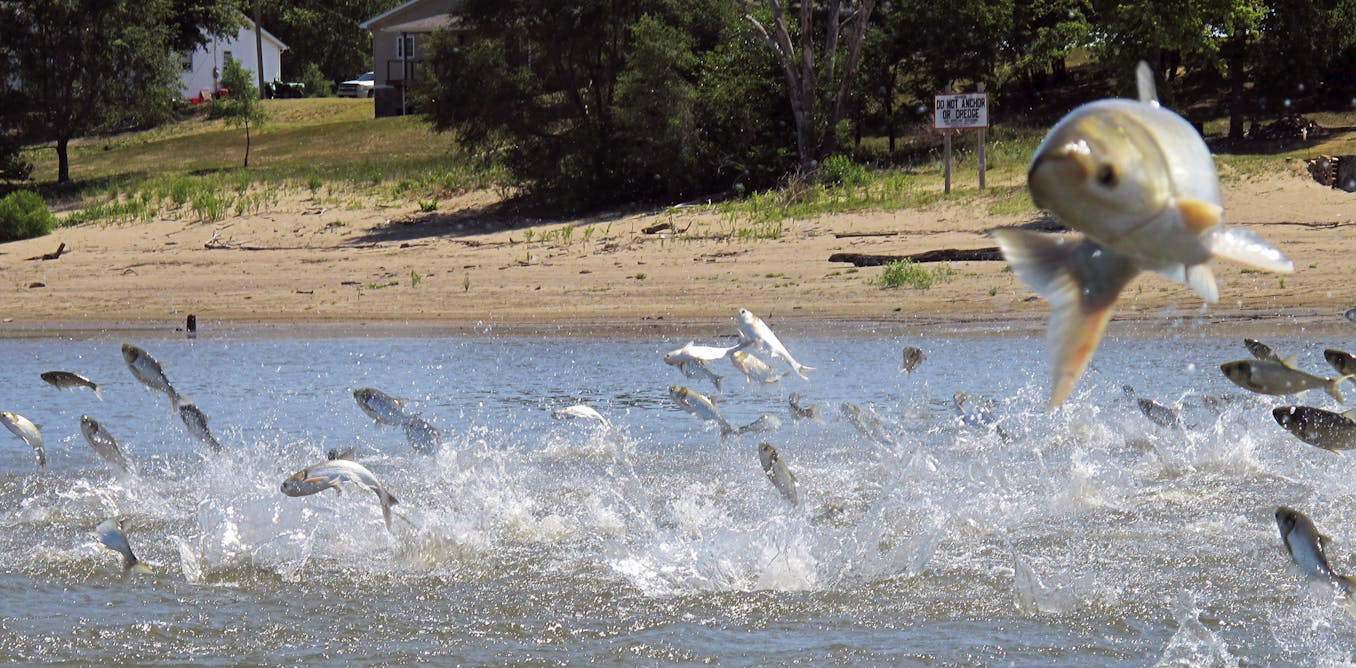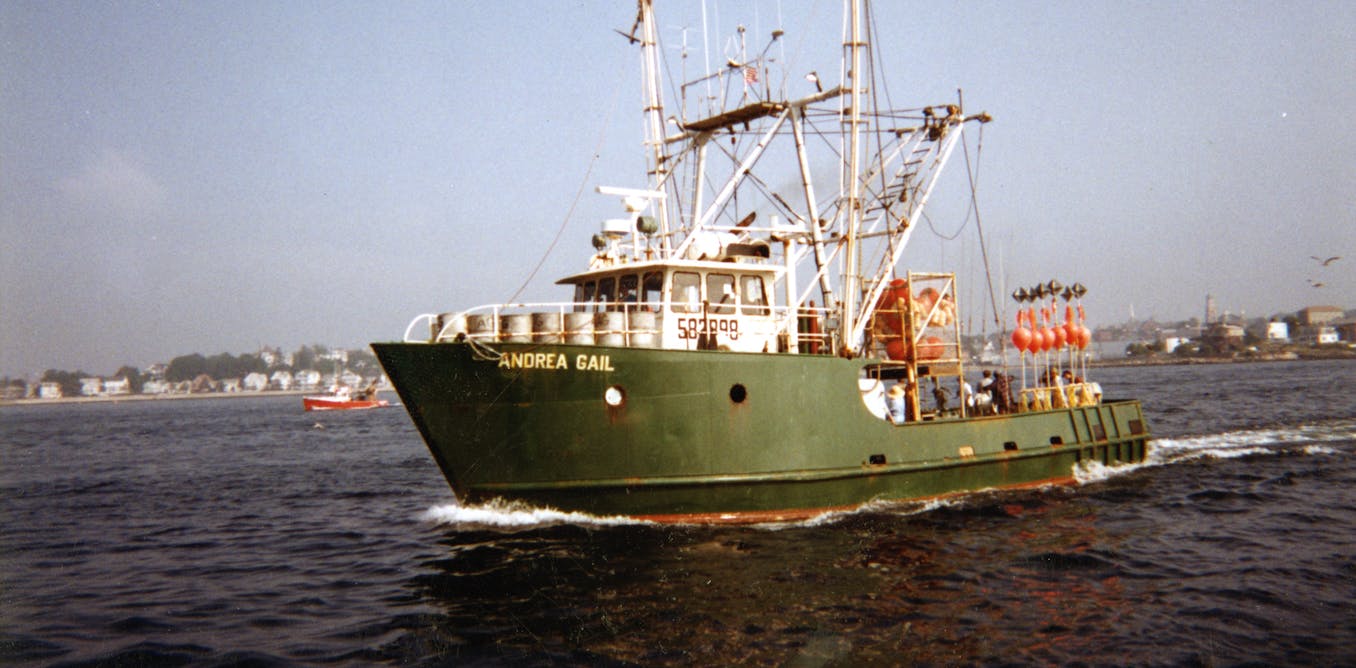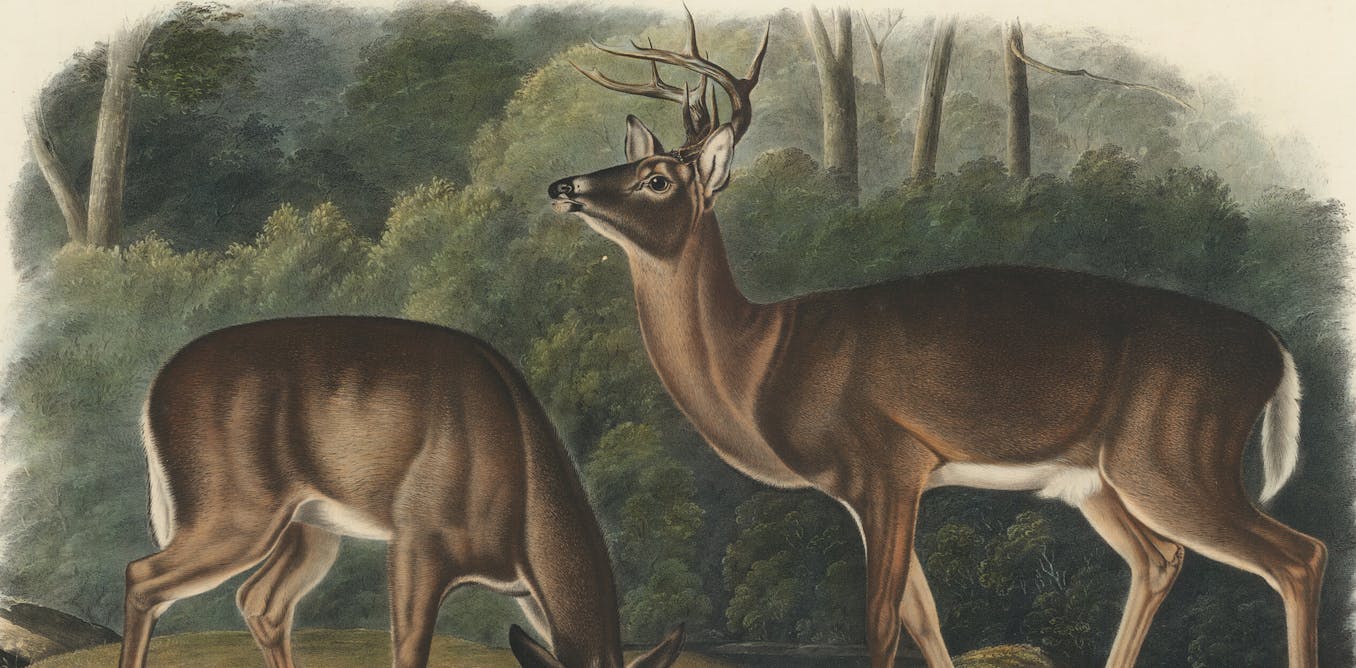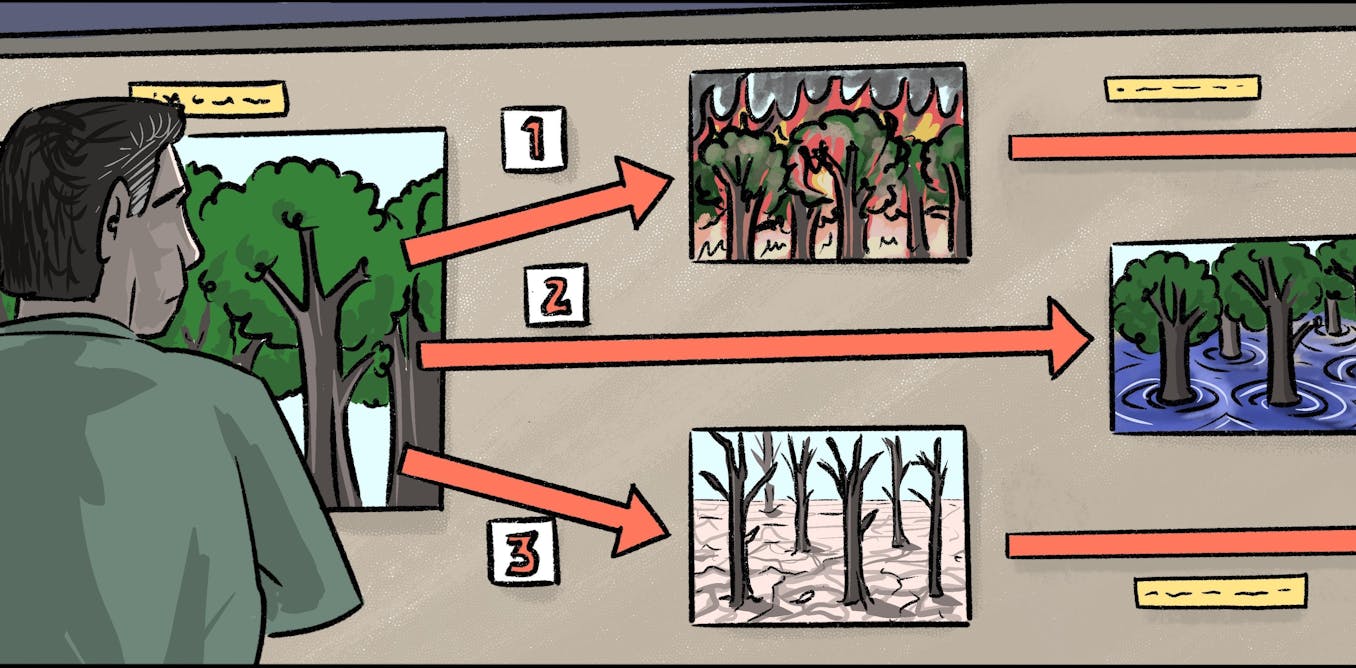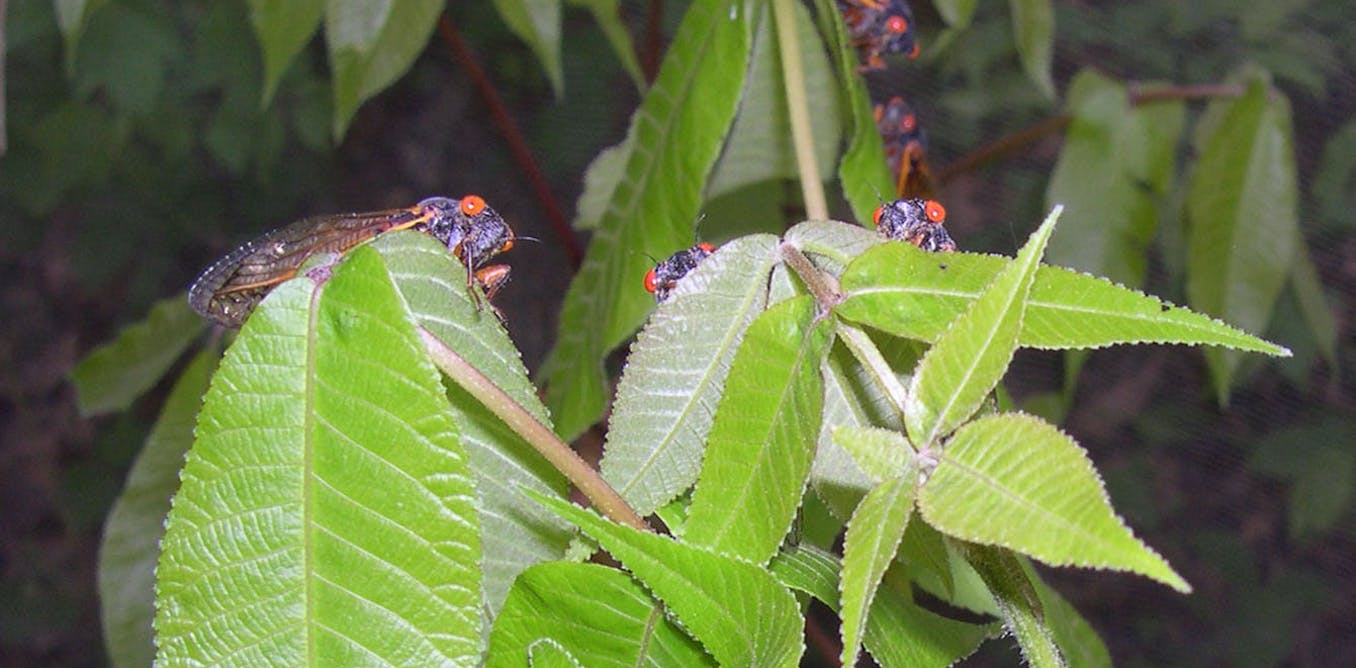Invasive carp threaten the Great Lakes − and reveal a surprising twist in national politics
Democratic governors and President Donald Trump agree to fight an invasion of non-native fish that has spread up the Mississippi River and threatens the Great Lakes.
July 1, 2025 • ~10 min

